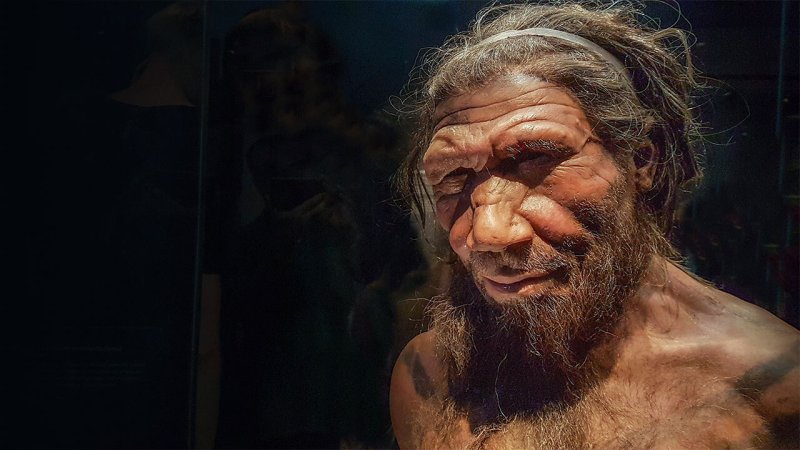Modern Africans have an average of 17 megabases of Neanderthal DNA in their genomes, according to an analysis published [January 30] in Cell. While that’s still quite a bit less than the 50-plus megabases of Neanderthal DNA found in the genomes of modern Eurasians, it’s more than some scientists expected—and quite a bit more than the zero assumed by the statistical methods that have been used to identify Neanderthal ancestry in modern human genomes.
…
Interbreeding between Neanderthals and early modern humans is thought to have happened in Eurasia, where Neanderthals once thrived, after the ancestors of modern Eurasians split from the ancestors of modern Africans 50,000–80,000 years ago. Because the ancestors of modern African people didn’t breed with Neanderthals directly, scientists built models for identifying Neanderthal DNA that assumed African individuals have no Neanderthal ancestry. In fact, they’d use modern African genomes as a “null” to eliminate variants as not being Neanderthal in origin.
But doing so was apparently a greater oversimplification than they realized. Modern humans who migrated from Europe back to Africa brought some Neanderthal DNA with them—apparently a substantial amount, according to the new study.































